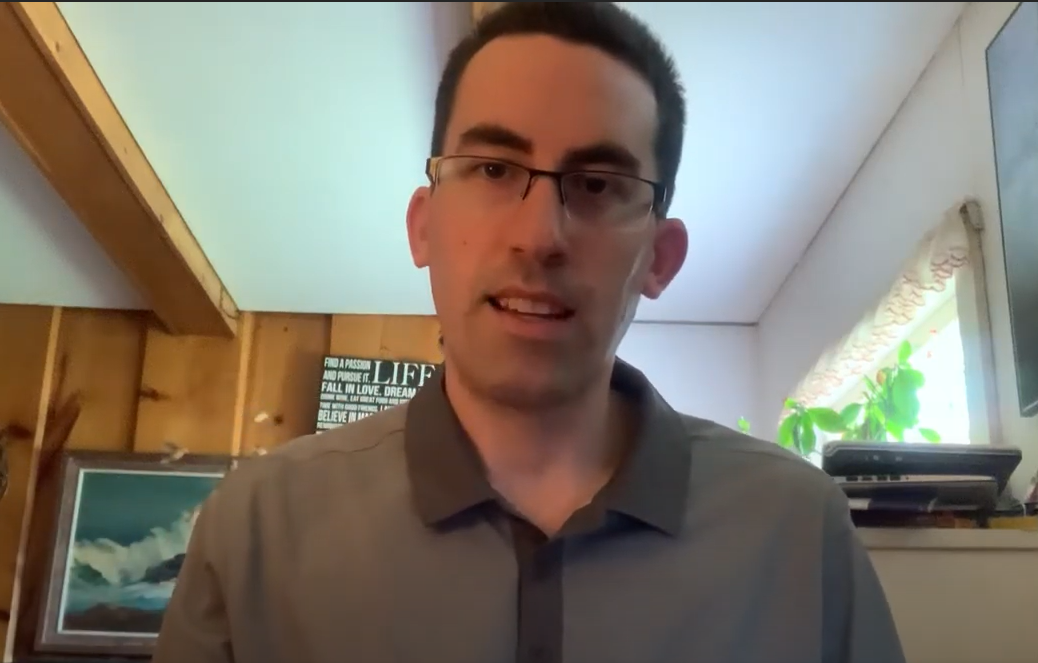2 min read
Video: Financial Advice for Young Professionals During COVID-19
![]() Eric Sachetta
:
May 12, 2020
Eric Sachetta
:
May 12, 2020

Sachetta Callahan financial advisor, Eric Sachetta, shares three ideas for young professionals looking to make financial decisions during the pandemic. The good news, is that it’s not all doom and gloom. There are a few choices you can make right now, even while the market is fluctuating, that could help you out down the line.
Also, check out these videos Eric references for additional financial advice:
The 10 vs. 30 Principle
The Cares Act and Student Loans
—
Full Trascript:
Hey everybody, Eric Sachetta, financial advisor here at Sachetta Callahan and in this video I want to speak to young people and young professionals about some of the opportunities and things to focus on during this pandemic and into the future. The first thing is you want to have an emergency fund, a safety net of three to six months of expenses. For some people it might be more than that if they really want to feel safe in case a potential downturn like this happens, you know at some point in the future, but it gives you flexibility if something were to happen like this down the line. The second thing is retirement contributions. You want to continue to contribute as much as you currently are to your retirement accounts and even more if you do have some extra money, because again, with the stock market being down, you actually get more shares with the same amount of contribution.
If you up the contribution, you get even more shares and that helps you way into the future. And this brings me to my third point. I’ve talked about this before, the 10 versus 30 rule. The whole idea is if you contribute the same amount every month starting today for the next 10 years and then you stop but then let the money actually grow for 40 years versus someone who does not invest today and starts investing in year 11 and lets it grow to the end of 40 years. The person who actually started contributing today and contributed for the first 10 years actually has more money than the person who contributed from year 11 to 40 even though the person who contributed from 11 to 40 actually contributed for 30 years whereas the first person only contributed for 10 years. Of course this assumes the same rate of return in both situations, but it shows you why regardless of what the economy is doing, where the stock market is, you want to contribute now and can continue to make those contributions because it’s going to benefit you in the long run.
The other thing is a part of this pandemic. You want to look for other opportunities. You know, one of the big opportunities are where on the flip side of this are people looking for sales and you might be the customer. So one example would be buying a car. You might be interested in buying a car, but you think maybe I, maybe I’ll put it off again right now there’s not a big demand for it. So you might be able to go and actually get that car that you wanted if you have some money available and get a really good deal. One of my relatives actually, um, just got a new car and this person does leasing, but they actually got their lease this time for the same price as the lease that they got three years ago. Plus they got some upgrades because the dealerships, they want any type of sales that they can get right now.
So she was able to get a killer deal. And the last thing you want to pay attention to is, you know, there’s a lot of programs and things happening because of the pandemic and one of them is student loan forbearance. So you want to look into that. Um, Matt Stead, one of our other advisors actually did a whole another video on that, so you definitely can check that out. Uh, here on the website or wherever you’re watching this video. And like I said, if you have any questions related to the topics I just covered, definitely reach out to us and we’d be happy to help.
